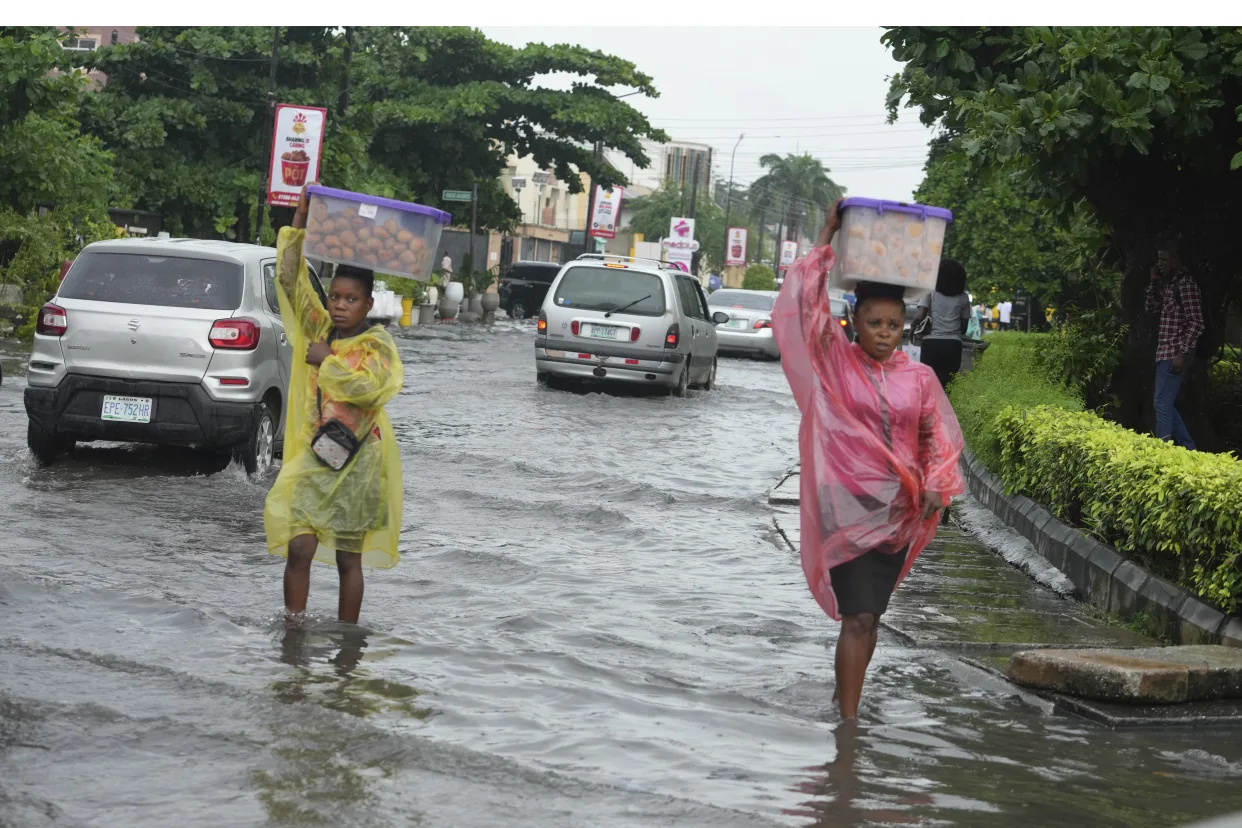African nations are facing a severe economic threat as climate change continues to take its toll, according to a new report. The findings reveal that the continent’s Gross Domestic Product (GDP) is being slashed by up to 5% each year due to the adverse effects of climate change. This alarming statistic highlights the urgent need for global cooperation and local initiatives to mitigate the impact on some of the world’s most vulnerable economies.
Climate Change: A Major Economic Challenge for Africa
Africa, though responsible for only a small fraction of global greenhouse gas emissions, is disproportionately affected by the consequences of climate change. From prolonged droughts to severe floods, the continent’s diverse climate zones are experiencing increasingly erratic weather patterns. These environmental changes are having a direct and devastating impact on agriculture, infrastructure, and overall economic stability.
The report, which draws on data from multiple African countries, emphasizes that climate-related disasters are leading to significant economic losses. Agriculture, which is the backbone of many African economies, is particularly vulnerable. Crop failures, reduced agricultural productivity, and increased pest infestations are just some of the challenges farmers are facing, leading to food insecurity and loss of income.
Agriculture: The Heartbeat of African Economies Under Siege
Agriculture employs a large portion of the African population and contributes significantly to GDP in many countries. However, the changing climate is disrupting planting seasons, reducing crop yields, and increasing the frequency of extreme weather events. For example, countries in the Sahel region are grappling with persistent droughts, while East African nations are dealing with unpredictable rainfall patterns that lead to both floods and droughts within the same year.
The report indicates that these climatic disruptions are not only reducing the quantity and quality of agricultural produce but are also making it more challenging for farmers to plan and manage their resources effectively. The financial losses incurred by farmers trickle down to the wider economy, affecting food prices, export earnings, and overall economic growth.
Infrastructure Damage and Economic Downturn
The infrastructure in many African countries is also taking a hit due to climate change. Roads, bridges, and buildings are being damaged by floods and storms, leading to costly repairs and maintenance. In some cases, entire communities are being displaced, leading to increased poverty and social instability.
The economic losses are compounded by the fact that many African nations lack the financial resources to invest in climate-resilient infrastructure. As a result, they are caught in a cycle of repair and rebuild, draining public funds that could otherwise be invested in development projects.
The Role of International Cooperation
The report calls for greater international cooperation to address the economic impacts of climate change on African nations. While some countries have received financial aid and technical assistance to help mitigate climate-related risks, the scale of the problem requires more robust and sustained efforts.
International organizations and developed nations are urged to increase their support for African countries in building climate resilience. This includes investing in sustainable agricultural practices, improving infrastructure, and providing access to clean energy sources. Moreover, the report highlights the importance of involving local communities in decision-making processes to ensure that solutions are tailored to their specific needs and circumstances.
Adapting to Climate Change: A Path Forward
Despite the grim outlook, there are opportunities for African nations to adapt to climate change and reduce its economic impact. The report suggests that with the right policies and investments, countries can build resilience and protect their economies. This includes adopting climate-smart agriculture practices, investing in renewable energy, and developing early warning systems for natural disasters.
In addition, regional cooperation among African nations can play a critical role in addressing cross-border climate challenges. By sharing knowledge, resources, and technology, countries can work together to strengthen their collective resilience against the effects of climate change.
The report underscores the urgent need for action to protect African economies from the devastating impact of climate change. As the continent continues to lose up to 5% of its GDP annually, the time to act is now. Governments, international organizations, and local communities must come together to implement strategies that will safeguard the future of Africa’s economies and its people.
For more insights and in-depth analysis on this topic, visit Digital Digest.





